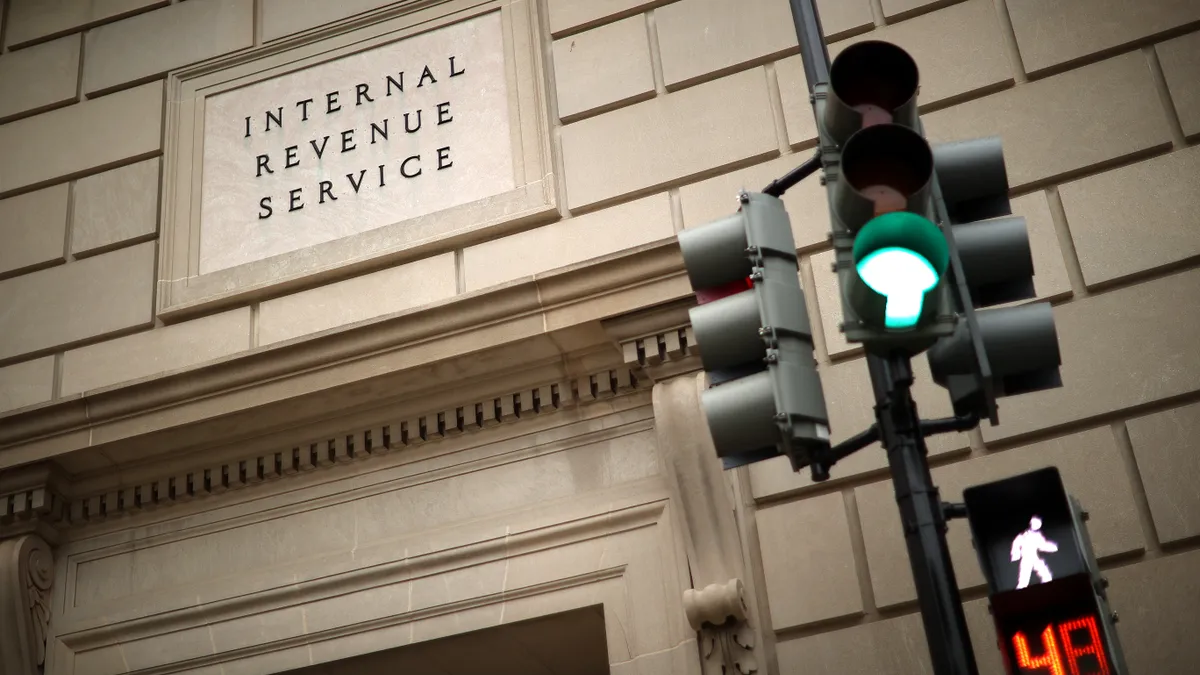Businesses next year can likely expect a steadier tax climate with a divided Congress preventing major new U.S. tax laws from passing next year — but that forecast might not hold if a deep recession grips the economy, according to Greg Engel, vice chair - tax at KPMG.
“One big unknown is the economy…Congress won’t agree on a lot of things but if the country’s in a recession Congress might rally and agree,” as it did early in the pandemic when there was legislation enacted to help pay for the stimulus spending, he said. If we go into a “deep, deep recession” we could see something similar, Engel said in an interview.
That caveat comes as forecasters have a range of different takes when it comes to the likelihood of a recession. Earlier this month the National Association for Business Economics (NABE), said the odds of a U.S. recession next year exceed 50%, with the downturn most likely to begin during the first quarter of the year amid a cooling labor market but current NABE president former Federal Reserve economist Julia Coronado recently said the economy could skirt a recession despite the potential risks being “very high.”
Under a scenario where a deep downturn is averted, businesses are currently on track for little major new tax legislation due to the midterm elections that left Democrats in control of the Senate and flipped the House to Republican control, Engel said.
After the midterm elections in November, “the likelihood of significant tax legislation went way down,“ Engel said.
Instead, he said it’s more likely that we’ll see Congress next year dealing with comparatively smaller tax matters such as budget reconciliation changes, technical corrections, expiring provisions that have to be extended, he said. “Anything big that would require the White House and Congress.to get aligned on is likely not going to happen,” he said.
Changes on horizon
That steadier outlook would be a welcome scenario for many businesses that prefer certainty when it comes to taxes, especially when it comes to capital expenditures or pricing transactions, he said.
It also likely means that President Biden’s administration’s push for such tax reforms as a hike in the headline corporate tax rate to 28% from the current 21% is off the table, he said. It is “unlikely” that that would move forward next year, he said.
That climate marks a shift from earlier this year when some tax experts were warning that companies should prepare for a renewed push for a range of new or higher corporate taxes from the administration based on the fiscal year 2023 budget proposed in March. At the time, Treasury Secretary Janet L. Yellen described it as being “more than fully paid for through tax code reforms requiring corporations and the wealthiest Americans to pay their fair share, closing loopholes, and improving tax administration.”
Still, Engel said businesses know that more tax changes are looming even if they are pushed out further. For example, the U.S. is one of more than 100 countries that were part of talks led by the Organization for Economic Cooperation and Development (OECD) that culminated in an agreement in October 2021 to overhaul global tax rules in order to shut down tax havens and curtail international tax competition.
While the countries agreed to a global minimum tax rate, the next step calls for each of them to pass their own legislation in support of the initiative. And just as the U.S. has a divided Congress, many of the other nations have similar impediments that may mean legislation aligning the countries may not be in place until as late as 2024, he said.
“We know there’s more change coming,” Engel said. “It just might be a little further out than we were thinking.”














